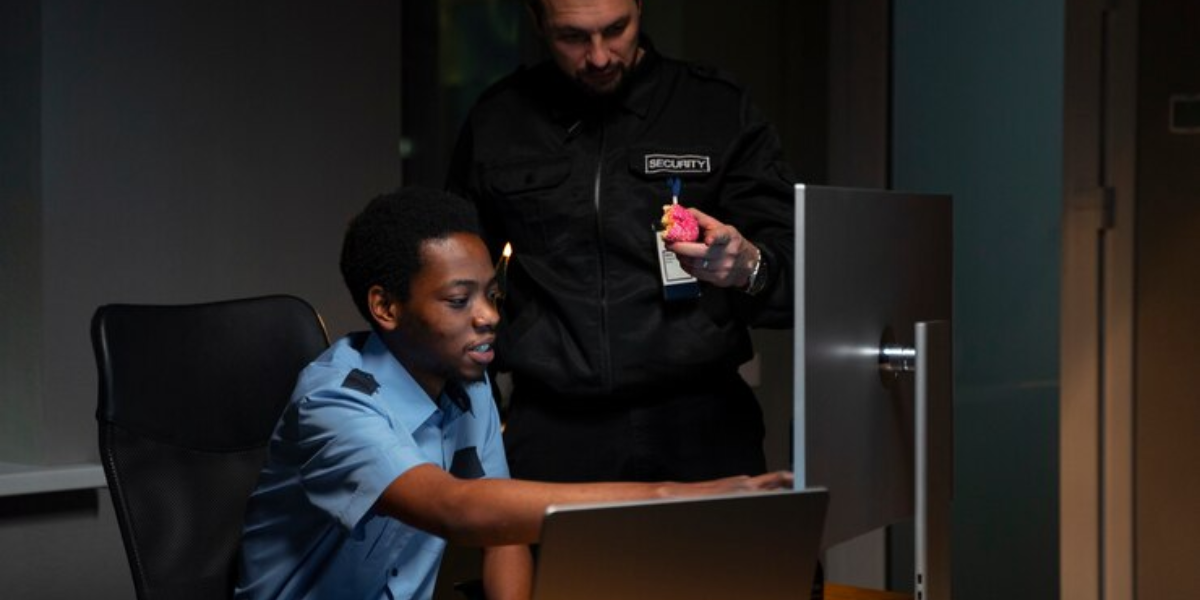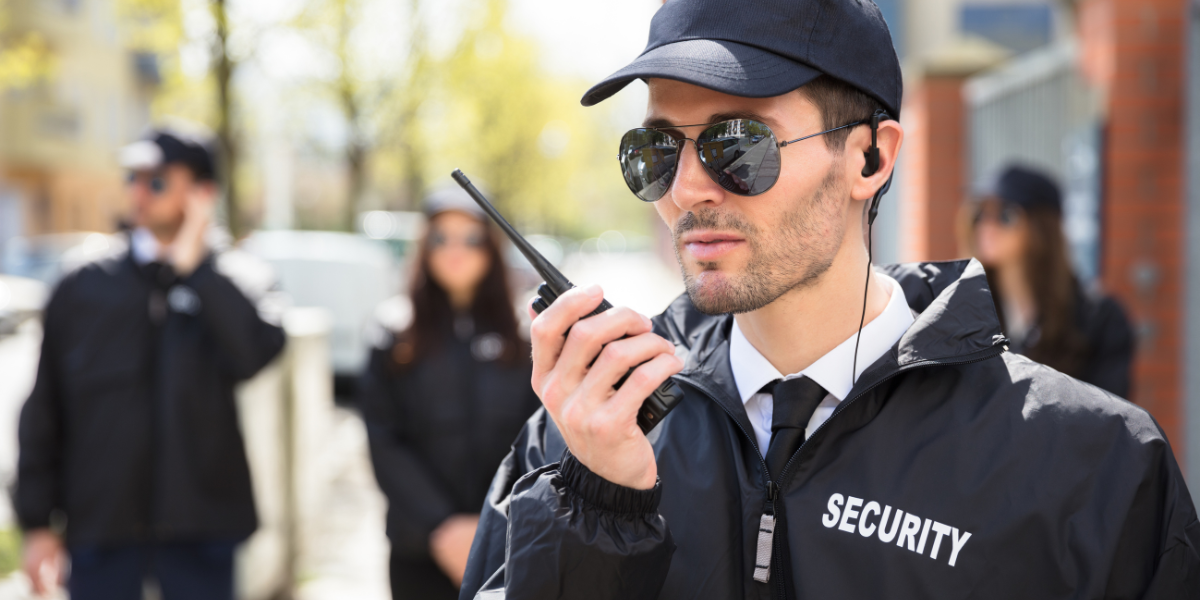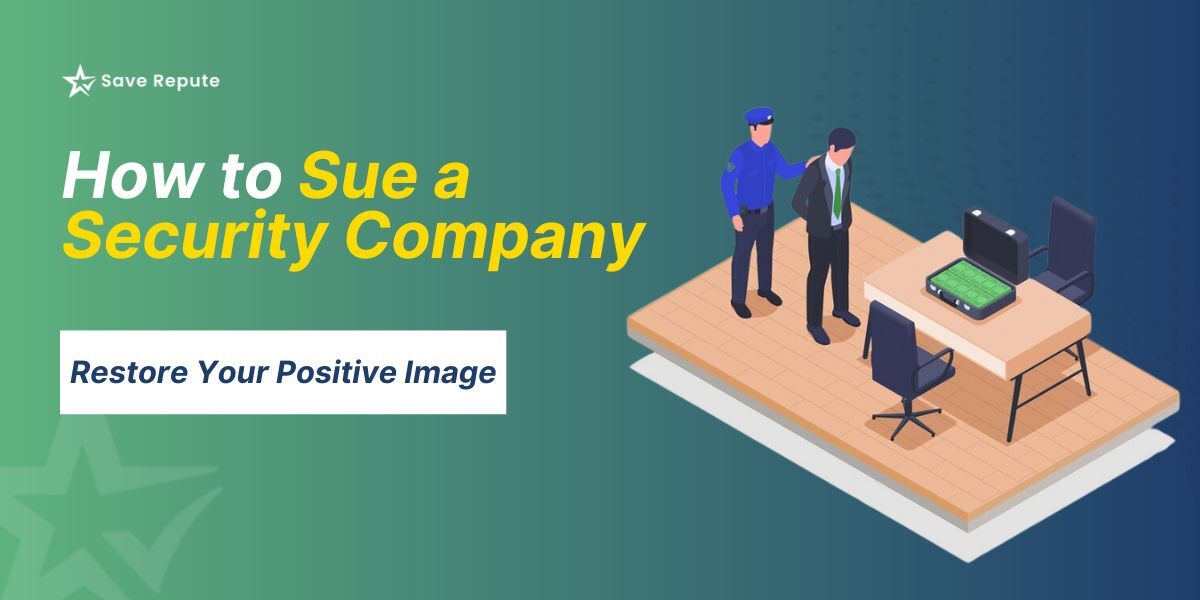Security negligence can have serious consequences, impacting your safety and peace of mind. If you’ve ever felt let down by a safety security company that failed to protect you or your property, you’re not alone. Understanding your rights and the steps to take when a security company fails to fulfill its duties is crucial.
When a safety security company doesn’t live up to its promises, it can lead to significant losses and can also damage your online reputation if you’re running a business online. Whether it’s a security guard neglecting their post or faulty security systems, knowing how to hold these companies accountable for their negligence is essential.
This guide will walk you through the process of how to sue a security company for taking legal action and seeking justice
Table of Contents
Can You Sue a Security Company for Negligence?

Yes, you can sue a security company for negligence if their failure to provide adequate security results in harm or loss. Security negligence occurs when a safety security company does not fulfill its duty to protect you to maintain proper safety protocols. When these lapses lead to incidents like theft, assault, or property damage, you have the right to seek compensation through legal action.
Before proceeding with a lawsuit, it’s important to review the contracts for security companies you’ve signed. These contracts often outline the responsibilities and limitations of the security provider. In company negligence cases, having clear evidence that the security company’s actions, or lack thereof, directly led to your harm is crucial.
When Can You Sue a Security Company?

You can sue a security company when their failure to provide adequate protection results in harm or loss to you. This can include situations where security negligence leads to incidents such as theft, assault, or property damage.
If the safety security company did not fulfill its obligations as outlined in its contracts, or if its actions directly contributed to your injury or loss, you have grounds for legal action. Holding them accountable not only helps you seek compensation but also ensures higher standards of security in the future.
What are the Reasons to Sue a Security Company?

- Security Negligence: When a security company fails to provide adequate protection, resulting in theft, assault, or property damage. This lack of proper security measures is a strong basis for a lawsuit.
- Breach of Contract: If the safety security company does not fulfill the obligations stated in their contracts for security companies, you have the right to take legal action. Reviewing the contract thoroughly can highlight any breaches.
- Inadequate Training: Security negligence can occur when guards are not properly trained. If their incompetence leads to a security lapse, you can sue the company for failing to provide qualified personnel.
- Lack of Communication: If you cannot reach the security company’s contact number in an emergency, and this results in harm, it can be grounds for a lawsuit. Reliable communication is a crucial part of their service.
- Failure to Respond: When a safety security company does not respond appropriately to security breaches or emergencies, it puts you at risk. This failure to act can be a significant reason to sue.
How to Sue a Security Company?

-
Gather Evidence
Collect all relevant evidence of security negligence, including photos, videos, and witness statements. This documentation will support your claim that the safety security company failed in its duties.
-
Review Contracts
Carefully examine the contracts for security companies you have signed. Look for any clauses that outline the company’s responsibilities and any potential breaches that could strengthen your case.
-
Contact the Security Company
Before filing a lawsuit, try to resolve the issue directly. Use the security company contact number to discuss your concerns and any compensation they might offer.
-
Consult an Attorney
Seek legal advice from a lawyer experienced in security negligence cases. They can guide you through the legal process and help build a strong case against the safety security company.
-
File the Lawsuit
If direct communication fails, proceed with filing a lawsuit. Your attorney will help you prepare and submit the necessary legal documents, ensuring you meet all deadlines and requirements.
-
Prepare for Court
Work with your attorney to prepare for court appearances. This includes gathering additional evidence, organizing your documentation, and being ready to testify about the security negligence you experienced.
What is the Lawsuit Against the Security Company?

A lawsuit against a security company is a legal action taken when a safety security company fails to fulfill its duty to protect individuals or property, resulting in harm or loss. In such negligent security lawsuits, the plaintiff must prove that the company’s negligence directly caused the incident.
These company negligence cases often involve breaches of contract, inadequate training, or insufficient security measures. Filing a lawsuit against a security company aims to hold them accountable and seek compensation for the damages incurred.
Benefits of Hiring a Reputable Agency to Enhance the Security Company’s Online Image

- Expertise in reputation repair strategies and techniques.
- Tailored approaches to repair your reputation online effectively.
- Increased trust and credibility in your brand image.
- Professional management of online reviews and feedback.
- Improved visibility through positive content and SEO practices.
- Crisis management to handle negative publicity swiftly.
- Enhanced social media presence and engagement.
- Monitoring and addressing potential threats to your brand image
Conclusion
Suing a security company for negligence may seem difficult, but understanding the process can make it more manageable. You can build a strong case by gathering evidence, reviewing contracts for security companies, and consulting with an experienced attorney.
Holding a safety security company accountable is crucial for your protection and peace of mind, whether it’s due to security negligence, breach of contract, or inadequate training. Taking these steps not only helps you seek compensation but also ensures higher standards of security in the future.


